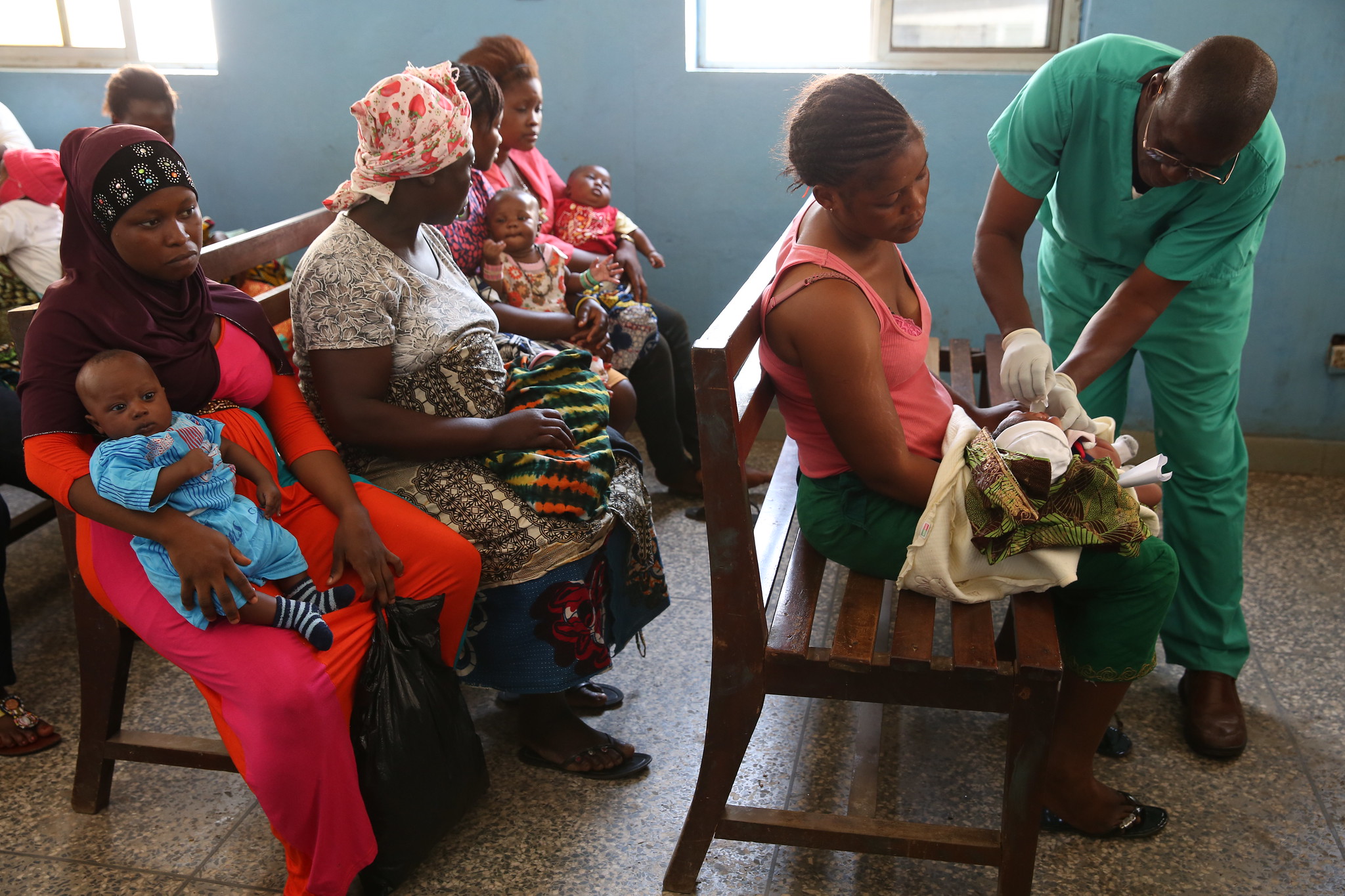Host, parasite, and drug determinants of therapeutic responses
Host, parasite, and drug determinants of therapeutic responses

There is a marked regional heterogeneity in therapeutic response against antileishmanial therapy in visceral leishmaniasis (VL)[1]. Single dose Liposomal Amphotericin B (L-AmB) remains the current first line therapy in the Indian subcontinent due to the emergence and evolution of drug resistant parasites against pentavalent antinomy (PA) [2]. However, PA has demonstrated a high efficacy in Africa and continues to be used as a first line therapy -mainly as a combination regimen with Paromomycin [1]. All other existing drug regimens have a poor efficacy for the treatment of patients infected in the east African region [1,3]. Such heterogeneity in therapeutic responses has been thought to arise due to regional differences in parasite sensitivity/susceptibility [3]. The importance of host and drug parameters as a determinant of observed differences in clinical response demand further investigations. For example, the host immune system plays an important role in post-treatment clearance of residual parasites [4]. The differences in patient population enrolled and the variations in baseline characteristics might indicate differences in immunity level that could have led the observed differences in clinical outcomes. In particular, the number of late failures (relapses) in any given trial are few and exploration of determinants of relapses necessitates an individual participant data meta-analysis from several clinical trials. The IDDO VL platform provides a unique opportunity to address this question and this study group proposes to identify host, parasite, and drug factors associated with initial cure, definitive cure, relapse, and mortality.
The specific objectives are:
- To identify host (age, immunity, nutritional status), parasite (parasite load, primary or relapsing cases), and drug (mg/kg drug dosage, monotherapy/combination) determinants of initial cure
- To identify host (age, immunity, nutritional status), parasite (parasite load, primary or relapsing cases), and drug (mg/kg drug dosage, monotherapy/combination) determinants of definitive cure (or relapse)
- To identify host (age, immunity, nutritional status), parasite (parasite load, primary or relapsing cases), and drug (mg/kg drug dosage, monotherapy/combination) determinants of mortality (if available)
- Prospective clinical efficacy studies in patients with parasitologically and/or serologically confirmed VL for any antileishmanial drugs from any endemic regions
- Information on name, date and dose of treatment regimen
- Baseline data on age and gender
- At least one of the following clinical outcomes reported: initial cure (or non-response), definitive cure, or relapse
- Duration of illness at presentation and other clinical characteristics such as baseline parasite load
- History of disease or treatment including information regarding if the infection is primary or relapsing/unresponsive/resistant cases
- Information on concomitant illness such as HIV, TB or malaria
- Information on severity of disease (mild, moderate or severe VL)
- Baseline haematological parameters
- Nutritional status of the patient and anthropometric indicators e.g. derived from weight and height
Data uploaded to the IDDO VL data platform will be standardised according to the IDDO VL data standardisation protocol into a single database of quality-assured individual patient data using recently developed VL CDISC standards [5]. A detailed statistical analysis plan will be developed and published in an appropriate journal prior to the analyses and will be shared among data contributors beforehand.
The Study Group comprises participating investigators who contribute relevant data sets to the pooled analysis. Data sets will remain the property of the investigators. The Study Group collectively makes decisions with respect to including additional studies, data analysis and plans for publication, in line with the IDDO Publication Policy [6]. The Study Group will identify one or two people to coordinate activities including data analysis, and drafting of publications and reports for group review.
Dr Prabin Dahal and Dr Sauman Singh will be responsible for statistical analyses and co-leading the study group. For further information, please contact prabin.dahal@iddo.org; sauman.singh@iddo.org.
1. Alves F, Bilbe G, Blesson S, Goyal V, Monnerat S, Mowbray C, et al. Recent Development of Visceral Leishmaniasis Treatments: Successes, Pitfalls, and Perspectives. Clin. Microbiol. Rev. 2018;31:1–30.
2. Singh OP, Singh B, Chakravarty J, Sundar S. Current challenges in treatment options for visceral leishmaniasis in India: A public health perspective. Infect. Dis. Poverty. 2016;5:1–15.
3. Khalil EAG, Weldegebreal T, Younis BM, Omollo R, Musa AM, Hailu W, et al. Safety and Efficacy of Single Dose versus Multiple Doses of AmBisome® for Treatment of Visceral Leishmaniasis in Eastern Africa: A Randomised Trial. PLoS Negl. Trop. Dis. 2014;8:e2613.
4. Seaman J, Pryce D, Sondorp HE, Moody A, Bryceson ADM, Davidson RN. Epidemic Visceral Leishmaniasis in Sudan: A Randomized Trial of Aminosidine plus Sodium Stibogluconate versus Sodium Stibogluconate Alone. J. Infect. Dis. 1993;168:715–20.
5. IDDO. New global collaboration developing standards for standardised data collection across the VL research community [Internet]. iddo.org. 2020 [cited 2020 Nov 15]. Available from: https://www.iddo.org/news/new-global-collaboration-developing-standards-standardised-data-collection-across-vl-research
6. WWARN Policy on Data Use and Publication. https://www.wwarn.org/tools-resources/publication-policy. Updated: 16th April 2019.



